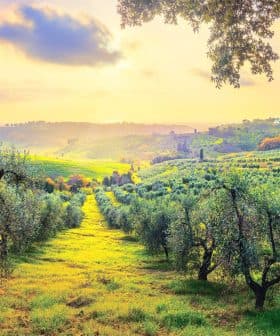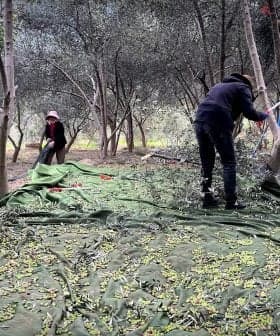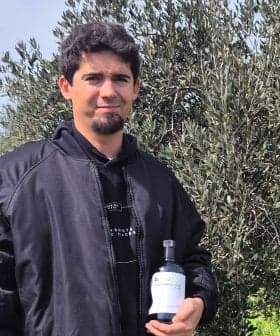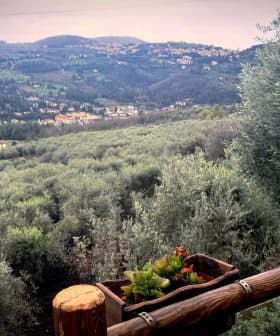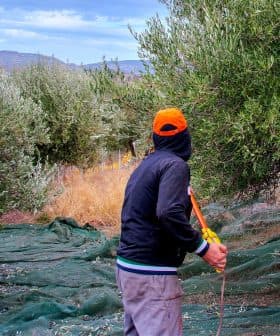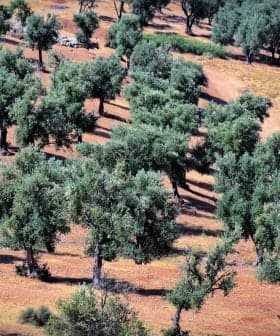A Family Tradition Takes Root at Moulin de la Coquille
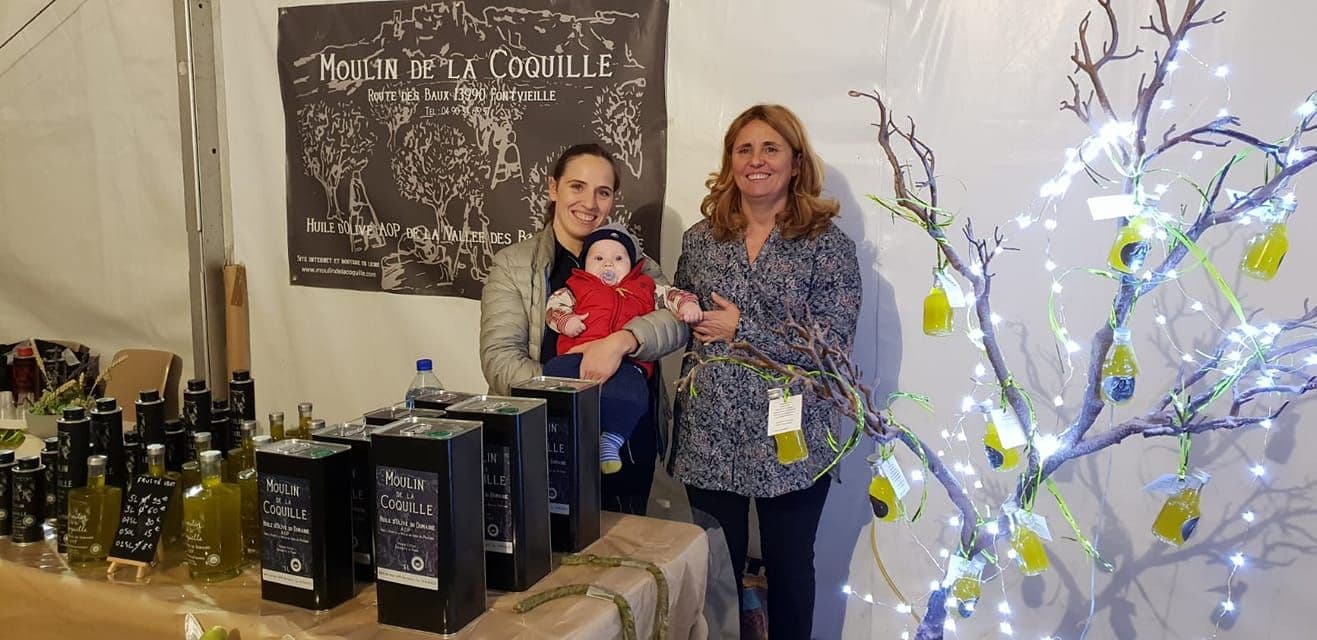
Moulin de la Coquille in southern France has been recognized as one of the best olive oil producers in the world, earning a Gold Award at the 2022 NYIOOC World Olive Oil Competition for its Fruité Vert blend. The owner, Aurélie Sirvent, has focused on quality by investing in advanced farming techniques, new technologies, and converting to organic production, while also expanding the estate and experimenting with new olive oil-related products such as infused oils and soap.
A new approach to olive oil making has confirmed Moulin de la Coquille as one of the best olive oil producers in the world.
Situated between Montpellier and Marseille, in southern France, the producer earned a second consecutive Gold Award for its Fruité Vert, a medium blend, at the 2022 NYIOOC World Olive Oil Competition.
Even when I was in the French army… I would still come back to care for the trees and help with the olive oil production operations.
“We are so proud and happy that we can show the world the high-quality extra virgin olive oil that we are producing,” Aurélie Sirvent, owner of the Provence-based company, told Olive Oil Times.
When she took the helm of olive growing activities on the beautiful family estate, Sirvent decided the best way forward was to focus on quality. She invested in more advanced farming techniques, deployed new technologies and converted to organic production.
See Also:Producer Profiles“We are also investing in a new high volume olive oil mill, as I realized we needed it to ensure we can quickly process all the olives right after harvest,” she said.
Sirvent’s parents bought the estate more than 30 years ago, and she grew up among the olive trees. As a result, she has always been involved in olive oil production.
“Even when I was in the French army, where I was an air traffic controller for 11 years, I would still come back to care for the trees and help with the olive oil-production operations,” she said.
Now that her children play and explore in the groves, Sirvent believes a sense of an olive-growing tradition is beginning to take root in the family.
“It makes me so happy to see that we are all on the track of our family passion and tradition,” she said.
Moulin de la Coquille boasts 28 hectares of olive groves within the Valleé des Baux de Provence PDO (AOP, in French) region. The AOP was recognized by the European Union in 1997 and includes black table olive production and olive oil.
While a small part of Moulin de la Coquille’s olive grove is older trees that have been around for several generations, Sirvent has more recently expanded the estate, planting 10 hectares of high-density groves and thousands of other olive trees traditionally.
“As a whole, I would say that now we manage approximately 10,000 trees, which include all the cultivars that make it possible for us to produce our AOP,” Sirvent said. “They include Solonenque, Aglandau, Grossane and Verdale, but we also have Picholine.”
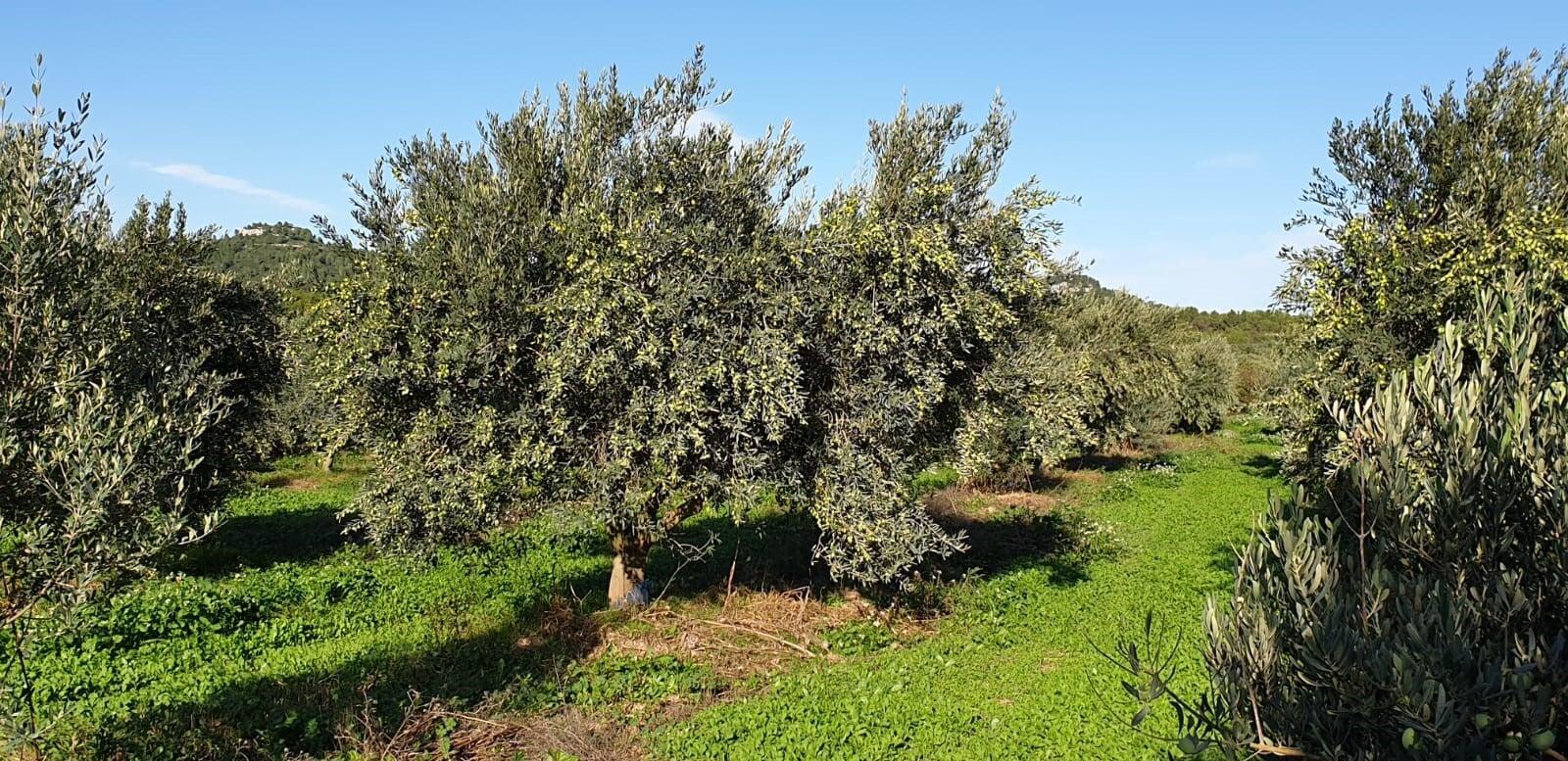
Photo: Aurélie Sirvent
Climate change is among the biggest challenges for Valleé des Beaux growers.
“We can see that, as it gets drier every year,” Sirvent said. “Just like the last year, France Olive warned us that the season will be too dry… That is why we are now further investing in irrigation.”
While varieties such as Solonenque are known for their ability to withstand drought, others such as Aglandau or Grossane require more water. The current drought, which is crippling large areas in the Mediterranean, is also being felt by French olive oil producers.
As the climate changes throughout the Mediterranean, olive oil growers are increasingly confronted with the need to expand irrigation.
“Until now, we only had a few fields irrigated,” Sirvent said. “But, this year, we have bought all the materials needed to irrigate our groves fully. The last ones to be irrigated are our 200 trees which date back to 1956. We are working to begin irrigating them as soon as possible.”
New techniques and approaches for adapting to climate change are routinely discussed by producers in Provence, who often meet during the year.
“We meet eight to 10 times each year,” Sirvent said. “Those meetings have been very relevant for us to learn and better understand our trees. There is no sense of competition among us, as a truly friendly environment prevails, where one is always ready to help the other when needed.”
Other aspects of climate change that require planning and adaptation include the more frequent extreme weather events.
Last year, a sudden cold snap in southern France damaged vineyards and olive groves in the area.
“We had that cold, and the year before, we did not have many olives,” Sirvent said. “Yes, I think the effects of climate change are probably the most relevant challenge we face.”
However, these challenges have not stopped Moulin de la Coquille from investing in the transition from conventional farming to organic growing.
“We are in the third year of the conversion, so it is very different from what it used to be,” Sirvent said. “Now we have to take care of the trees thinking organic, which means that you cannot use chemical products to kill the flies.”
“Plus, our region is very windy, which means that you cannot apply the organic treatments whenever you want; you have to wait for a calm, quiet day,” she added. “Sometimes we do that at night.”
Organic production is already in full swing at Moulin de la Coquille, as the 10 hectares devoted to high-density farming are already organic.
Other interventions to keep the trees healthy include the permanent grass cover maintained under the trees, which helps retain soil moisture and mitigates some of the impacts of climate change in the region.
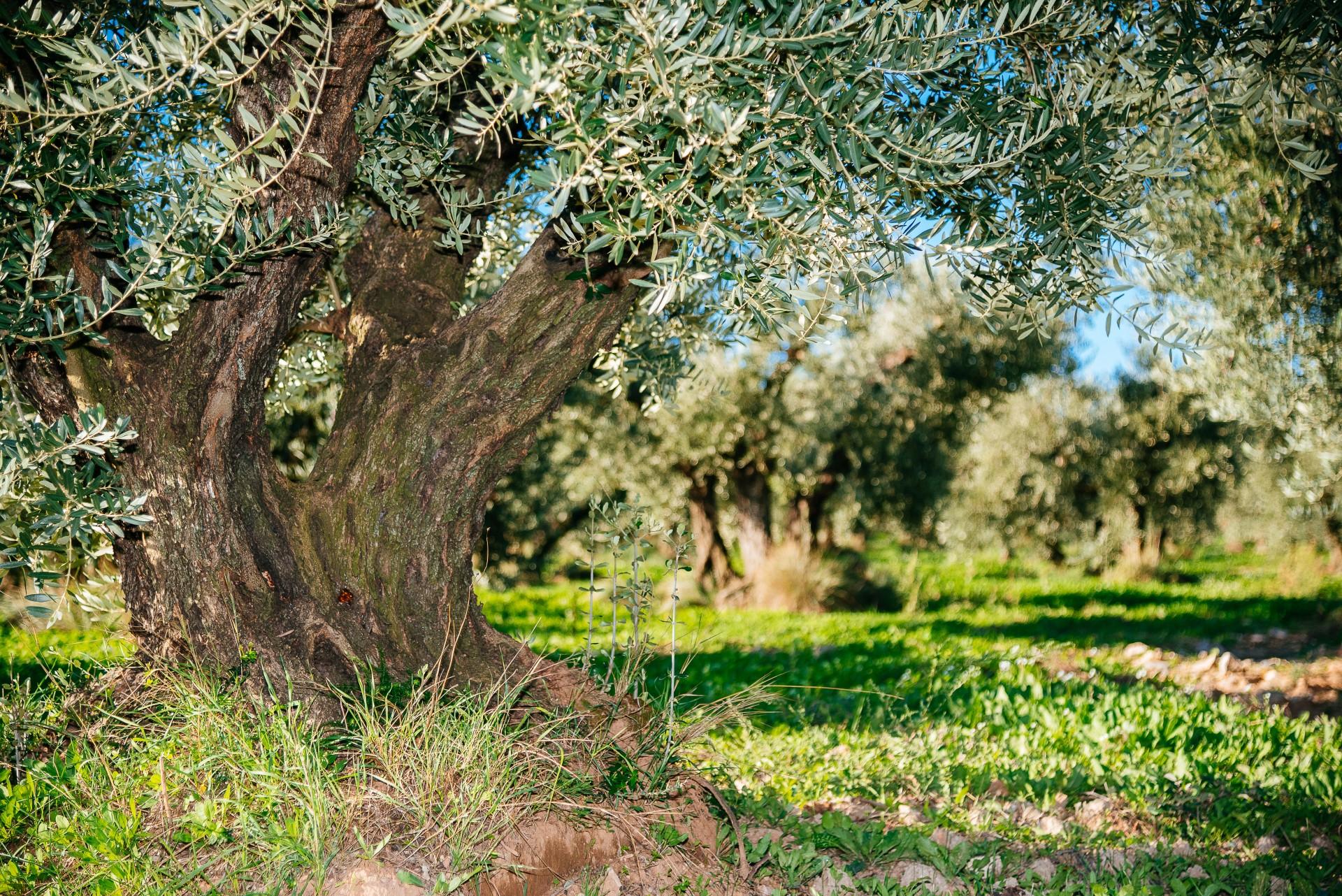
Photo: Aurélie Sirvent
The harvest at Moulin de la Coquille begins early in the season, usually October, and can extend to the first half of December.
“We have devised a new method to harvest,” Sirvent said. “We use a mini-excavator, and on the top of its arm, we put a big comb.”
“We use it to harvest the upper portion of the olive trees while the bottom part is cleared with the usual mobile electric tools operated by a single user,” she added. “This technique also allows the trees to grow much taller.”
While Picholine is only partially involved in producing the AOP product, it is a source for table olives production, with which Moulin de la Coquille has just begun experimenting.
“A few years ago, I started working on alternative extra virgin olive oil-related products,” Sirvent said. “We started producing extra virgin olive oil infused with basil.”
“We do not add that to the final product, but we do transform it together with the olives,” she added. “After that, we also started producing extra virgin olive oil with mint using the same procedure. They are both wonderful.”
Sirvent also hinted at other ongoing projects, including small-scale soap production.
“It is a beautiful way to use our extra virgin olive oil,” she said. “I love to produce and transform what we grow over here.”
“We have fruits and figs. It is a pleasure to offer our customers our dry figs, dry tomatoes and our pesto,” she concluded. “When they come to know us better as a producer and taste our olive oils.”


